What wine is best for creating a white wine sauce? And is there much of a difference between styles? We speak to the experts...

‘The basic rule is don’t use anything you would not be happy to drink,’ says Rosi Hanson, author of Recipes from the French wine harvest.
‘It does depend on what you are cooking, and how long the sauce will simmer and reduce.’
Most versatile
‘In most sauces, the most important thing is to consider the sweetness and acidity,’ said Pete Dreyer, food writer at Great British Chefs.
‘As you cook off the alcohol and reduce the wine, both will become more pronounced, so you’re best off sticking to dry whites, with a reasonable amount of acidity.’
‘The most versatile wines are crisp, dry, unoaked whites, like a Pinot Grigo,’ says Fiona Beckett in her new recipe book, Wine Lover’s Kitchen.
Sauvignon Blanc and Chardonnay are also reliable choices for most sauces.
Styles of sauce
‘Obviously it depends what kind of sauce,’ said Hanson.
‘A beurre blanc originates in the Loire and wines of that style – dry, not the sweeter ones – work well in this rich, butter sauce, in which you can reduce a small amount of white wine and cook shallots in it as the basis.’
‘If you are thinking about the kind of sauce where, after sautéing something, you deglaze the pan, I usually use a Chardonnay because I don’t want high acidity which will be emphasised by boiling it down.’
Use your better wines for quickly de-glazing a pan, says Beckett, who is also Decanter’s chief restaurant critic.
‘You can use less good wine for a slow-cooked dish like a stew.’
Wines to avoid
‘Personally, I would avoid oaked Chardonnays, but opinion is divided on whether it makes a difference or not,’ said Dreyer.
‘Avoid anything medium/sweet, as the sugars will caramelise and intensify, giving you a very sweet sauce.’
Beckett adds in her book, ‘Wines with a pronounced aromatic character such as Riesling or Gewürztraminer may be less flexible, but could still be delicious with, for example, a creamy sauce.’
Most importantly, don’t be afraid of experimenting.
Translated by Leo / 孔祥鑫
All rights reserved by Future plc. No part of this publication may be reproduced, distributed or transmitted in any form or by any means without the prior written permission of Decanter.
Only Official Media Partners (see About us) of DecanterChina.com may republish part of the content from the site without prior permission under strict Terms & Conditions. Contact china@decanter.com to learn about how to become an Official Media Partner of DecanterChina.com.

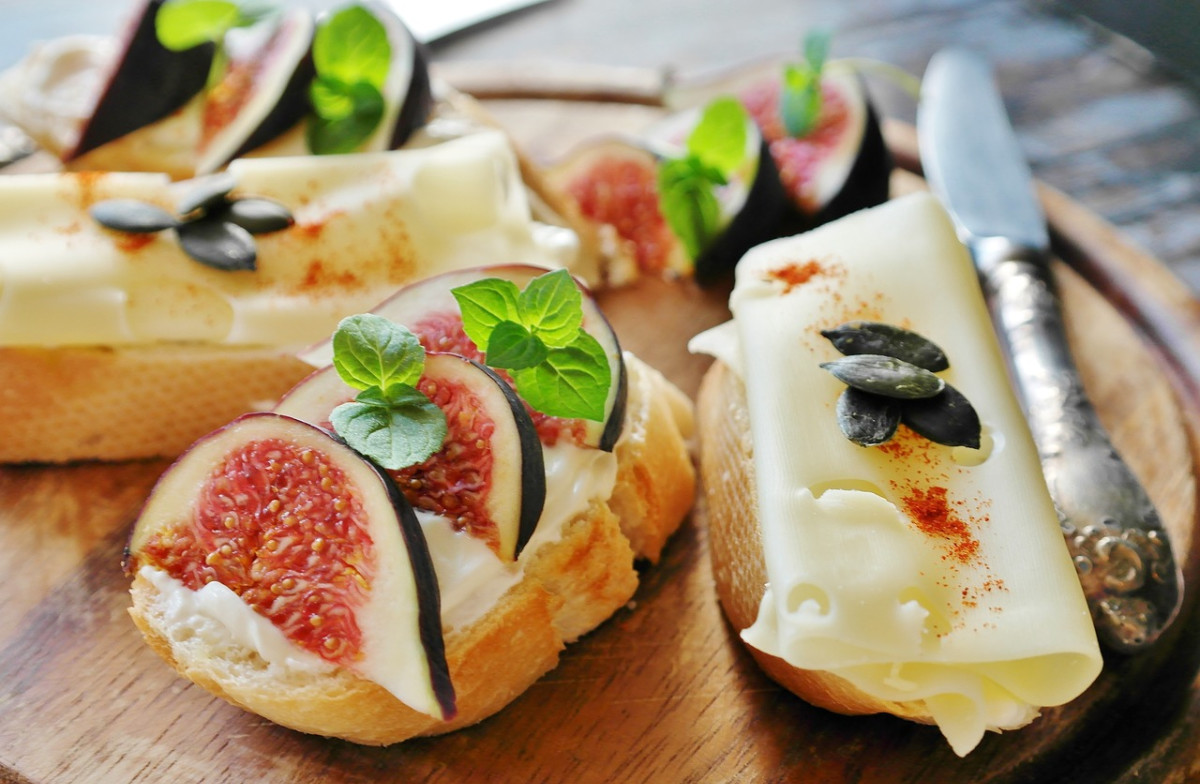
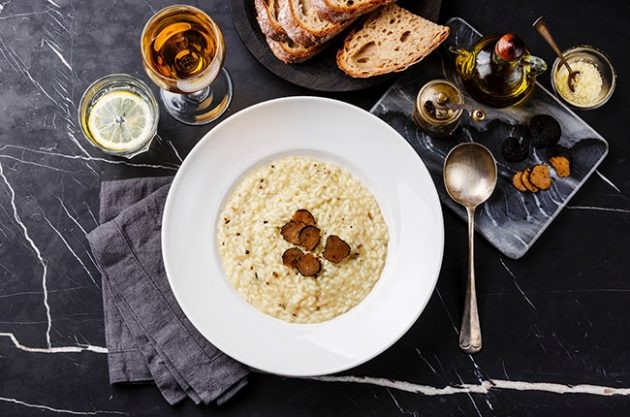




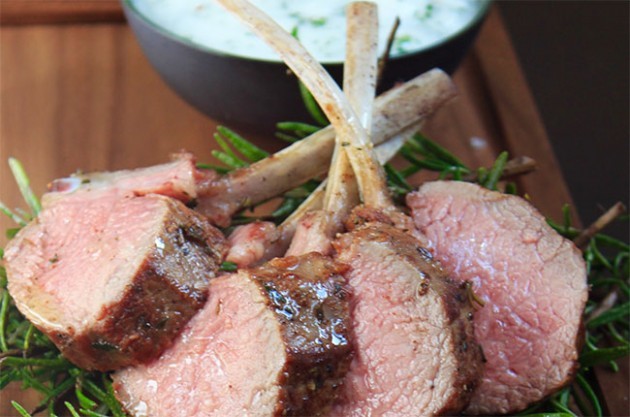
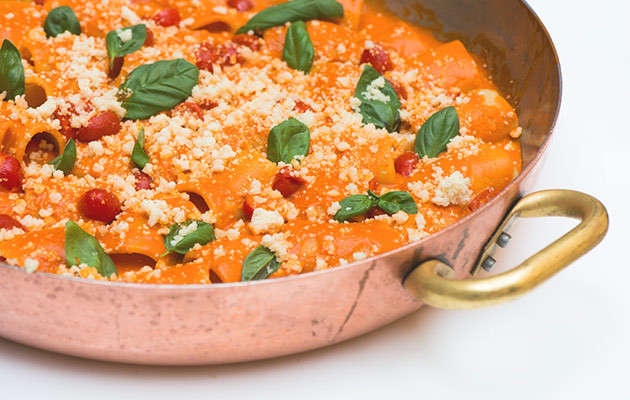
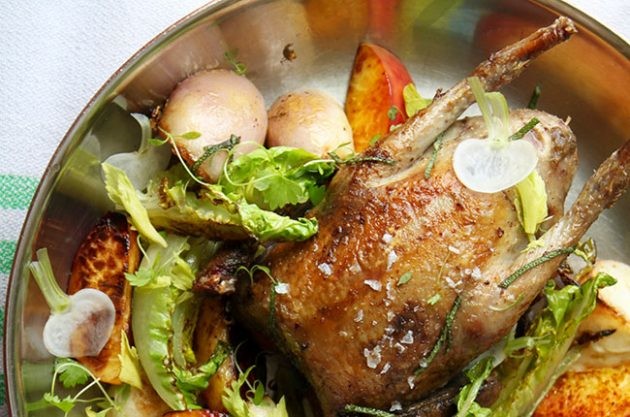
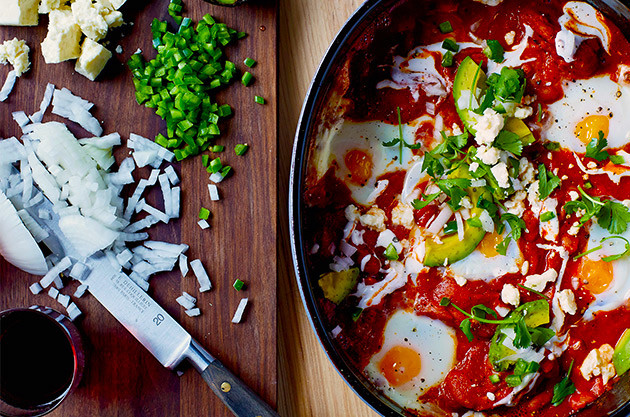
Comments
Submit